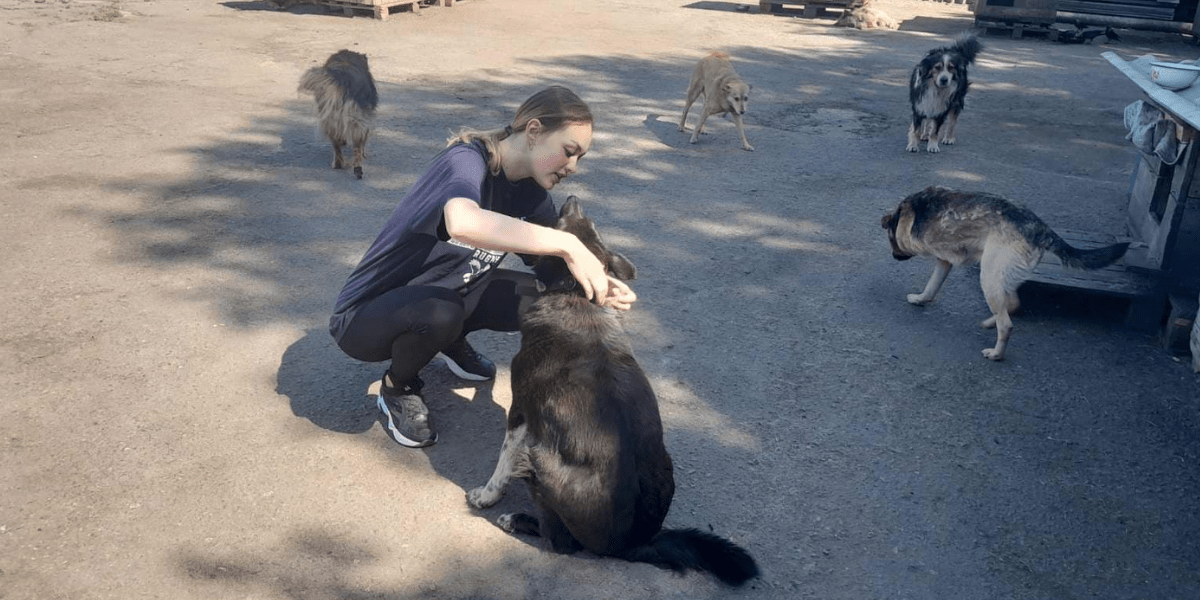Following the full-scale invasion of Ukraine, an unexpected new danger has emerged: rabies.
Thousands of stray animals, many of which were previously cared for by animal welfare groups, individuals, or shelters, are now going unvaccinated – creating dangerous situations for people who encounter them. It’s estimated that over one million dogs in Ukraine are homeless – many living in frontline areas that are increasingly difficult for animal health providers to visit.
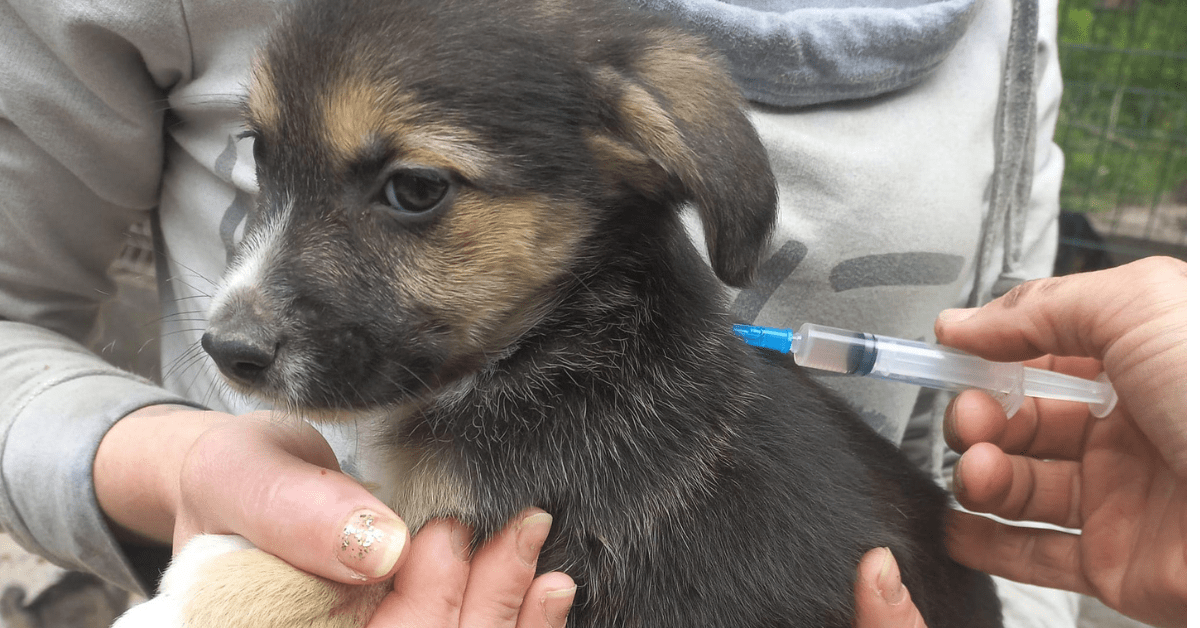
Sadly, as the war drags on, rabies cases are only likely to increase. In 2023, the Ministry of Health of Ukraine noted there has been a significant increase in humans bitten by domestic and wild animals, and that the number of rabies prophylaxis treatments administered to victims has surged by more than 40%. If contracted, rabies symptoms typically take between three to eight weeks to develop, which makes seeking treatment paramount to one’s survival. Once symptoms begin, the disease is almost always 100 per cent fatal for both humans and animals.
Prior to the war’s start, rabies was already a public health concern throughout Ukraine. The war, however, has exasperated this issue. According to the Ukraine Media Center, 369 Ukrainian communities reported having animals infected with rabies during the first quarter of 2024, a number that is up from 190 communities with confirmed cases in 2023. This increase can be attributed to a variety of factors, mainly: the displacement and abandonment of animals – leading to more disease carriers, disrupted veterinary services including preventive vaccinations, and an overall strain on, and reduction in, resources.
“Vaccinating for rabies has become a primary focus for VWB and its local partners in Ukraine,” said Daria Kuznetsova, VWB’s Ukraine Program Manager.
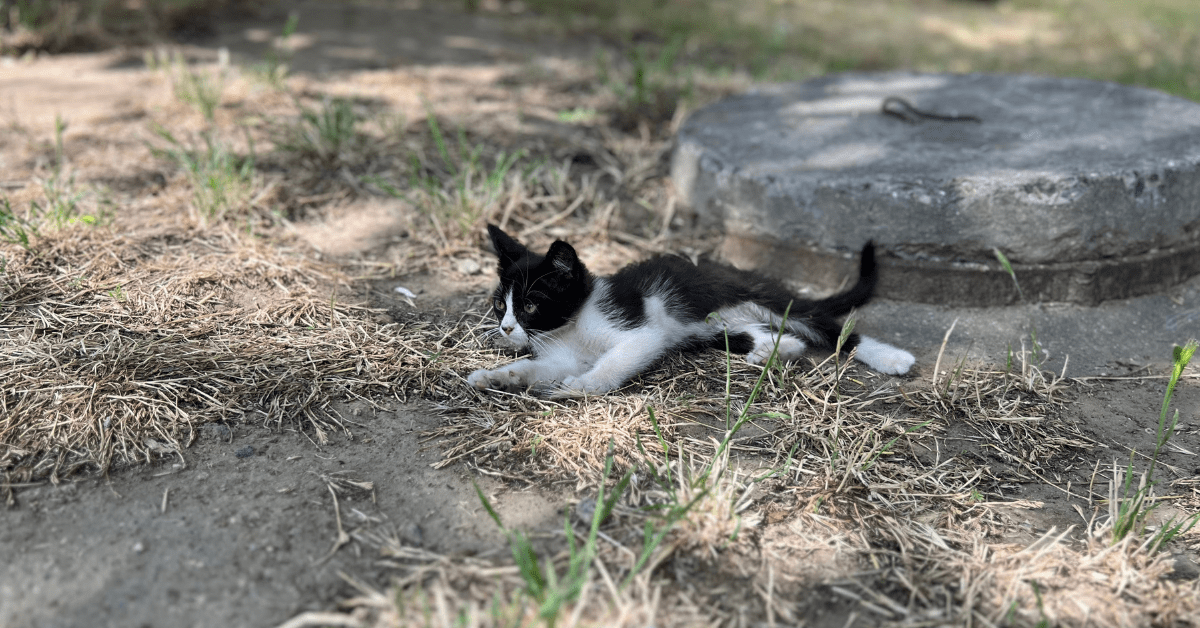
In response to this escalating health threat, Veterinarians Without Borders North America (VWB) has collaborated with local partners to organize vaccination campaigns in war-torn areas. Last year alone, 9,814 animals were vaccinated – many in frontline areas without any access to veterinary care. So far, VWB has helped provide food, medicine, and veterinary care to over 150,000 animals affected by the war, playing a critical role in combating the spread of rabies and other zoonotic diseases.
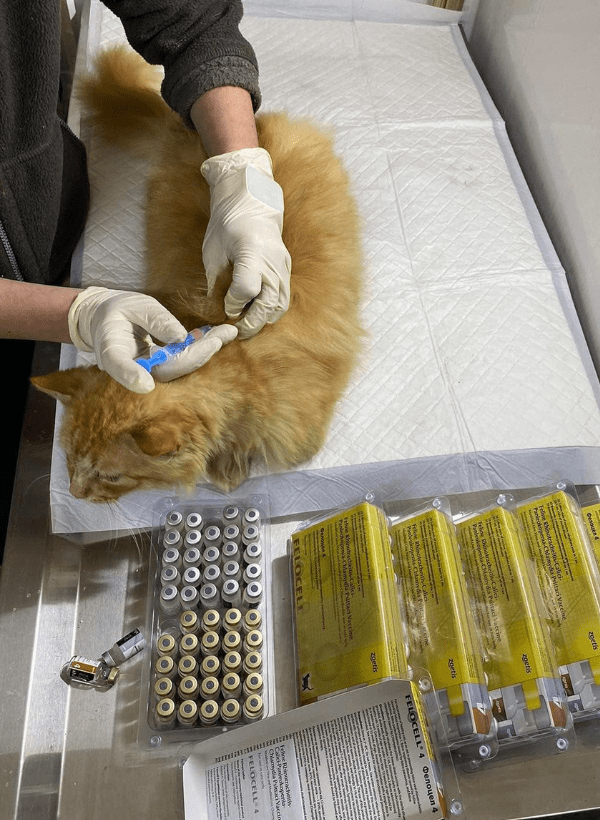
Cat receiving a vaccination at a Ukrainian clinic.
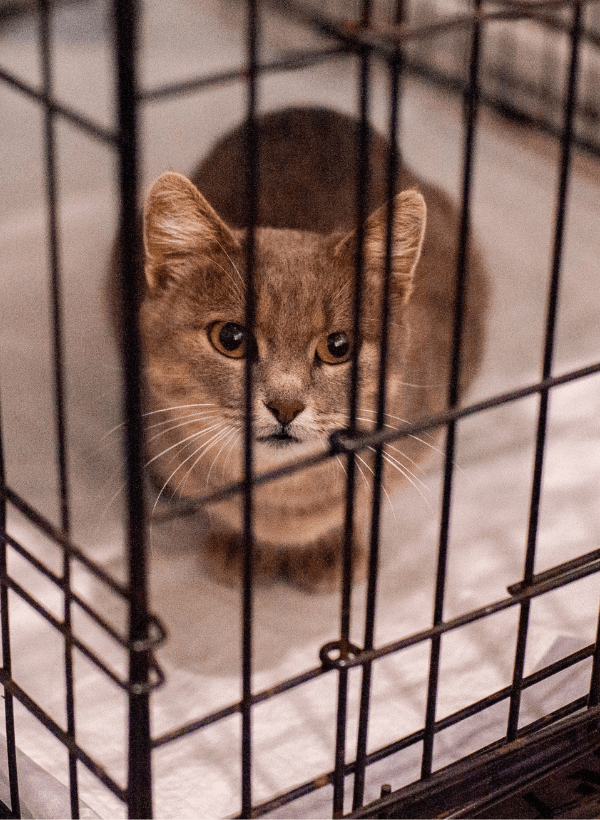
A cat waiting at a remote veterinary clinic.
In response to this escalating health threat, Veterinarians Without Borders North America (VWB) has collaborated with local partners to organize vaccination campaigns in war-torn areas. Last year alone, 9,814 animals were vaccinated – many in frontline areas without any access to veterinary care. So far, VWB has helped provide food, medicine, and veterinary care to over 150,000 animals affected by the war, playing a critical role in combating the spread of rabies and other zoonotic diseases.
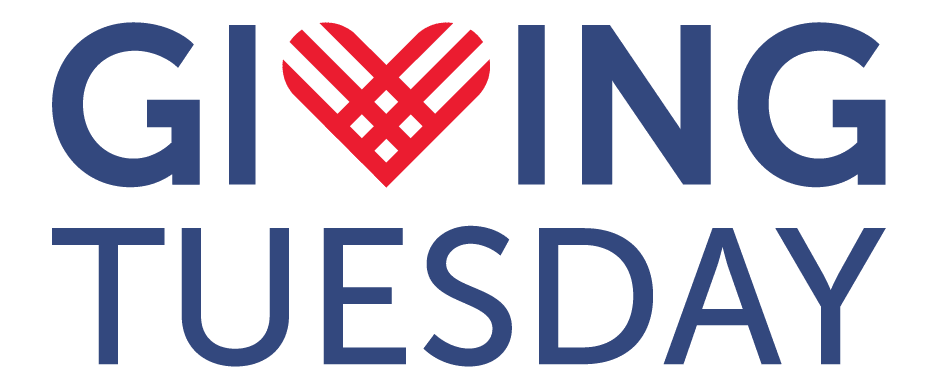
This Giving Tuesday, you can have a real, life-saving impact for animals in need — just like those in Ukraine.
Even better? Every gift you make will be MATCHED* having DOUBLE the impact for companion animals ensuring they stay healthy and happy.
*Donations will be matched up to $10,000 until Tuesday, December 3, 2024, at 12 midnight EST thanks to our generous match partners.

